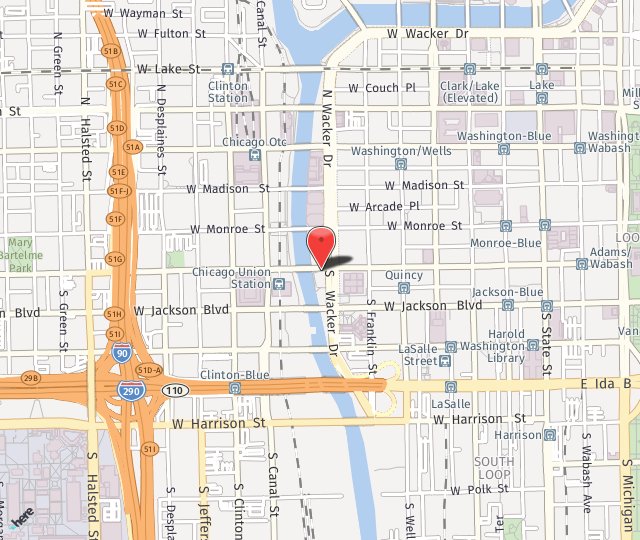CONSUMER RIGHTS LAW FIRM SERVING CLIENTS IN CHICAGO, ILLINOIS, AND NATIONWIDE
A lot has changed about the internet over the years. But for most of us, e-mail has remained the one constant. It’s probably true that you still check your e-mail every day and rely on it for personal and business communications. It’s also probably true that every day your inbox gets spam, which often contains offers that could lead to consumer fraud.
There are laws that regulate the types of e-mail companies are allowed to send you. If you have fallen victim to identity theft or some other e-mail-based scam, the consumer fraud attorneys at Markoff Leinberger can help. Call us at 312-726-4162 schedule a free consultation.
Types Of E-Mail Fraud
There are several different types of e-mail fraud. In some cases, the scammer will pretend to be an organization who has given you an award, a bank asking you to verify protected information, or even an old friend. Other times, the e-mail may have an attachment that downloads a virus to your computer once you click it.
Common types of e-mail fraud include:
- Spam: An unsolicited marketing e-mail that often involves deceptive claims.
- Phishing: An e-mail that purports to be from your bank or another trusted organization, asking you for sensitive information. This can be a common way for credit card fraud to occur.
- “Pigeon Drop” Scheme: Usually disguised as a business proposal or a contest you won without ever entering, this scam asks you for an initial investment in return for a future payout that never materializes.
- Ponzi Scheme: Also known as a “pyramid” scam, this describes a business whose main source of income is bringing in larger and larger numbers of investors, all of whom will only see a return on their investment if they bring in additional investors as well.
Many of these schemes appear in other areas of Internet consumer fraud as well. If you get any e-mails that seem to fit these descriptions, it’s best to mark them as spam and delete them from your inbox.
The federal government also has promoted October as National Cyber Security Awareness Month to encourage more mainstream awareness of digital fraud risks.
Consumer Fraud Laws Regulating E-Mail
Most of these scams are obvious examples of identity theft or consumer fraud, but the e-mails themselves are often illegal as well. In 2003, Congress passed the CAN-SPAM Act, which regulated the content of commercial e-mail. According to the law, any e-mail whose primary purpose is the commercial advertisement of a product or service must follow strict guidelines.
Any commercial e-mail must meet the following criteria:
- The e-mail address must be accurate and correctly identify the business
- The subject line must match the content of the e-mail
- The e-mail must make clear that it is an advertisement
- The e-mail must include the business’s physical address or PO box.
- There must be an option to opt out of receiving future e-mail
- Any requests to opt out must be honored promptly
- A company is responsible for the content of its commercial e-mail even if it hires somebody else to handle e-mail promotion
Any e-mail that does not meet this criteria is considered span, and any company that violates these rules can be subject to criminal penalties of up to $16,000. However, this penalty is paid to the federal government.
Protecting Yourself From E-Mail Fraud
The best way to prevent anyone from getting your information via e-mail is to give it out as little as possible. Only respond to messages that can be verified, and never give out sensitive personal or financial information through your e-mail: No reputable company will ever ask for the information that way. If an e-mail takes you to a website you do not recognize, close your browser window. And always make sure your computer has an anti-virus program that is up to date.
If you have been the victim of a scam or identity theft perpetrated through e-mail, please contact the consumer fraud attorneys at Markoff Leinberger. Call 312-726-4162 to schedule a free consultation.

